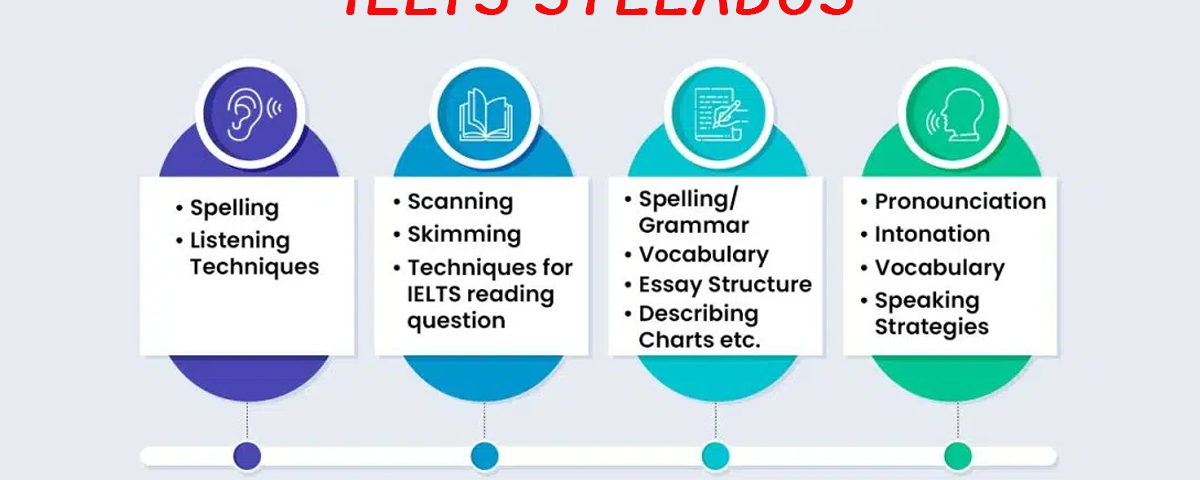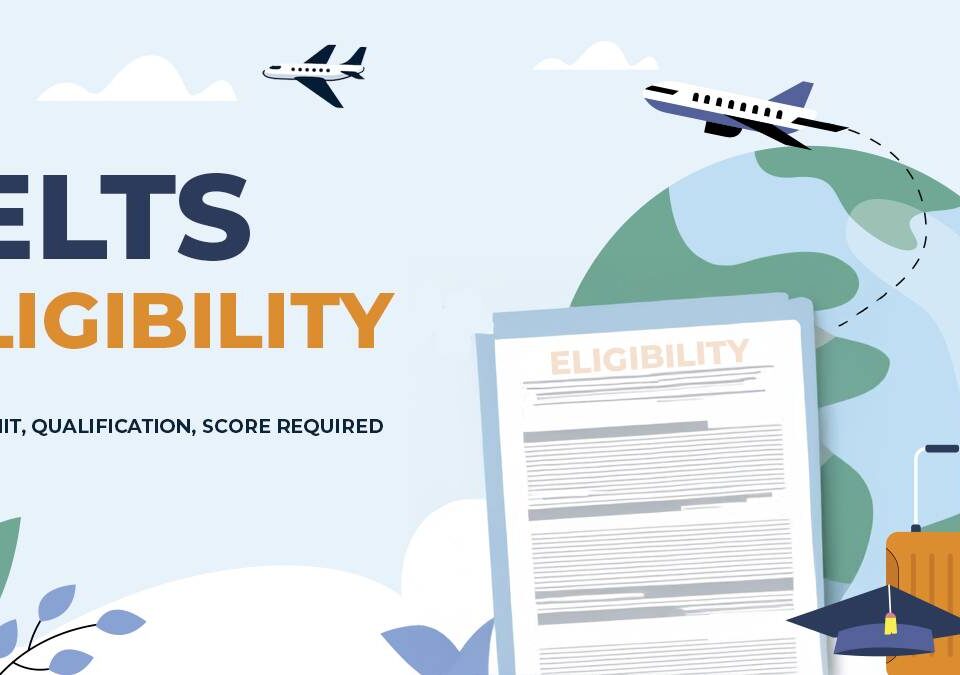IELTS Exam Syllabus – Everything You Need to Know

Study in the UK: Opportunities with Kanan Dehradun – January 2025 Intake
September 11, 2024
Looking to Study Abroad? The IELTS Indicator is Now Available!
September 20, 2024If you’re considering taking the IELTS exam, it’s crucial to understand the syllabus and what to expect. The International English Language Testing System (IELTS) assesses your proficiency in English through four essential skills—Listening, Reading, Writing, and Speaking. This blog covers everything you need to know about the IELTS exam syllabus, ensuring you’re well-prepared for each component.
Introduction to IELTS
The IELTS exam is a standardized test that measures your English language proficiency. It’s widely accepted by educational institutions, employers, and governments around the world. Whether you’re aiming to study abroad, immigrate, or find a job, a good IELTS score can open many doors for you.
There are two types of IELTS tests:
- IELTS Academic: For those who wish to enroll in universities and other higher education institutions or for professionals such as doctors and nurses who want to study or practice in an English-speaking country.
- IELTS General Training: For those who are going to English-speaking countries for secondary education, work experience, or training programs. It’s also a requirement for migration to countries like Australia, Canada, New Zealand, and the UK.
IELTS Exam Format
The IELTS exam is divided into four sections:
- Listening
- Reading
- Writing
- Speaking
Each section tests different aspects of your English language abilities. Let’s go through each section in detail.
Listening
Format
The Listening section consists of four recordings, each followed by a series of questions. The recordings include:
- Recording 1: A conversation between two people set in an everyday social context.
- Recording 2: A monologue set in an everyday social context.
- Recording 3: A conversation between up to four people set in an educational or training context.
- Recording 4: A monologue on an academic subject.
Question Types
- Multiple Choice
- Matching
- Plan/Map/Diagram Labeling
- Form/Note/Table/Flow-chart/Summary Completion
- Sentence Completion
- Short Answer Questions
Tips for Success
- Familiarize yourself with different English accents.
- Practice listening to English conversations, lectures, and talks.
- Take notes while listening to the recordings.
Reading
Format
The Reading section varies slightly between the Academic and General Training versions of the IELTS exam.
Academic Reading:
- 3 long texts taken from books, journals, magazines, and newspapers.
- Topics are of general interest but suitable for candidates entering undergraduate or postgraduate courses.
General Training Reading:
- Extracts from books, magazines, newspapers, notices, advertisements, company handbooks, and guidelines.
- Topics are everyday occurrences in English-speaking environments.
Question Types
- Multiple Choice
- Identifying Information (True/False/Not Given)
- Identifying Writer’s Views/Claims (Yes/No/Not Given)
- Matching Information
- Matching Headings
- Matching Features
- Matching Sentence Endings
- Sentence Completion
- Summary/Note/Table/Flow-chart Completion
- Diagram Label Completion
- Short Answer Questions
Tips for Success
- Skim and scan the texts to get the main idea.
- Focus on keywords in the questions to locate the answers quickly.
- Practice reading academic and non-academic texts.
Writing
Format
The Writing section is also different for Academic and General Training versions.
Academic Writing:
- Task 1: Describe visual information (graph, table, chart, or diagram) in your own words.
- Task 2: Write an essay in response to a point of view, argument, or problem.
General Training Writing:
- Task 1: Write a letter requesting information or explaining a situation.
- Task 2: Write an essay in response to a point of view, argument, or problem.
Tips for Success
- Plan your essay before you start writing.
- Use a range of vocabulary and grammatical structures.
- Practice writing essays and letters on various topics.
Speaking
Format
The Speaking section is a face-to-face interview with a certified examiner and consists of three parts:
- Part 1 (Introduction and Interview): The examiner will introduce themselves and ask you to introduce yourself. They will ask you general questions about familiar topics, such as home, family, work, studies, and interests.
- Part 2 (Long Turn): You will be given a task card with a topic. You will have one minute to prepare and then speak for up to two minutes. The examiner may ask one or two questions on the same topic.
- Part 3 (Discussion): The examiner will ask further questions related to the topic in Part 2. This part of the test focuses on your ability to discuss more abstract ideas and issues.
Tips for Success
- Practice speaking English daily.
- Record yourself and listen to identify areas for improvement.
- Engage in conversations with native English speakers if possible.
Conclusion
The IELTS exam syllabus covers a broad range of skills and topics. By understanding the format and practicing each section diligently, you’ll be well-prepared to achieve your desired score. Remember, consistency and practice are key to success.
If you’re looking for expert guidance to help you prepare for the IELTS exam, consider joining our IELTS coaching in Dehradun. Our experienced instructors provide personalized coaching, practice materials, and mock tests to ensure you’re fully prepared for every aspect of the exam.
Call to Action:
Ready to ace the IELTS exam? Sign up for our IELTS Coaching in Dehradun today and take the first step towards achieving your goals!


